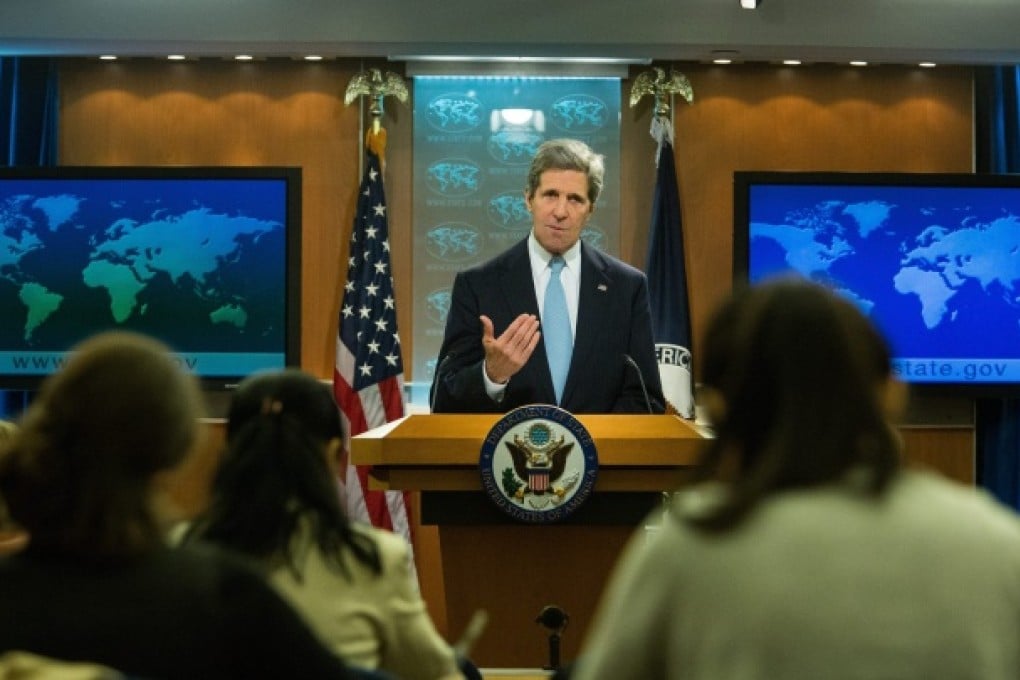America losing the public opinion war in Asia
Lau Nai-keung bristles at the unfairness of its human rights report

This newspaper is carefully read in some quarters. I found this out through one of the WikiLeaks cables that originated several years ago from the US Consulate General in Hong Kong, about the city's water supply. Some very conscientious readers incorporated into the dispatch what I wrote in an article on the subject.
Last November, this newspaper carried a report on the proposed legislation to protect lesbian, gay, bisexual and transgender people from discrimination.
In it, Leticia Lee See-yin, president of the Federation of Parent-Teacher Associations of Yau Tsim Mong District, was quoted as saying that the society feared that legislation against discrimination might make it illegal for schools - especially religious ones - to teach that homosexuality is wrong.
This was picked up by the US consulate, but their counterparts back home in the State Department were sloppier this time.
Without seriously checking the context of this remark to a reporter, and without knowing that this actually reflected the values of the Hong Kong mainstream, the United States government, in its 2012 human rights report on the city, named this non-governmental organisation for opposing the legislation.
Naming this federation in this way, which is tantamount to accusing it of human rights violation, is unjustifiable.
Lee called a press conference and filed a complaint to the US State Department, demanding a retraction and an apology.